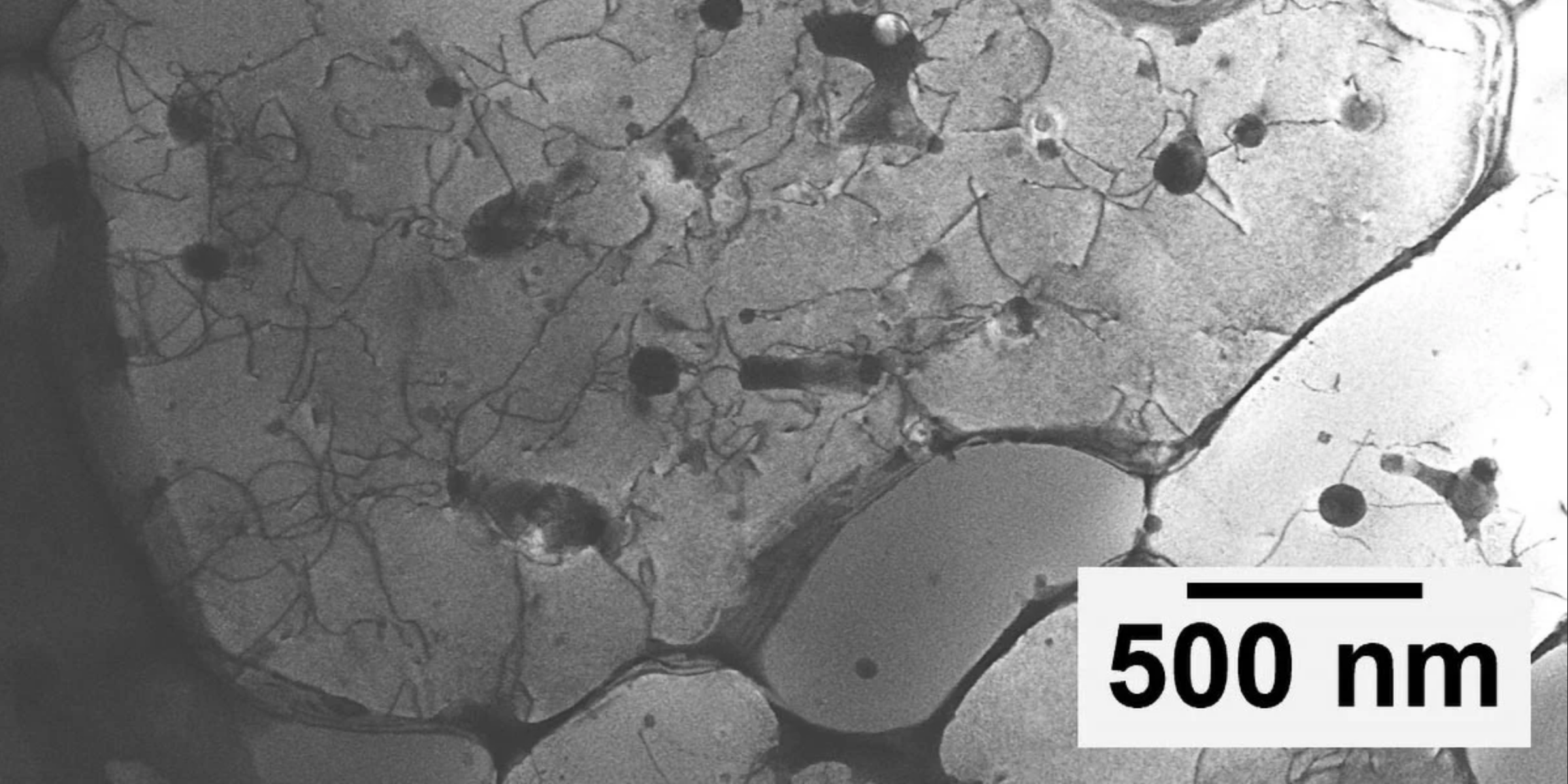Noland Arbaugh Becomes First Recipient of Neuralink Brain Chip Implant

A groundbreaking moment in the field of neurotechnology has taken center stage with the story of Noland Arbaugh, a 30-year-old man from Arizona, USA. Arbaugh made history by becoming the first individual to receive a brain chip implant from Neuralink, the company co-founded by Elon Musk. This life-changing procedure took place in January 2024, marking a significant milestone in the ongoing exploration of brain-computer interfaces (BCIs).
Arbaugh's journey to this remarkable achievement has its roots in a tragic event that occurred in 2016. Following a diving accident that left him paralyzed below the shoulders, he faced immense challenges and limitations in his daily life. Reflecting on the initial struggles associated with his paralysis, Arbaugh shared, You just have no control, no privacy, and it's hard. However, after undergoing the brain chip implantation, something incredible happened: he discovered he could control a computer cursor simply by thinking about moving his fingers. Honestly, I didnt know what to expect, it sounds so sci-fi, he remarked in an interview, as reported by the BBC.
The implications of the chip have proven to be life-altering for Arbaugh. He has even begun to engage in activities that he once thought were impossible, such as playing video games and defeating his friends at chessa surprising turnaround given his previous limitations. Now I'm beating my friends at games, which really shouldn't be possible, but it is, he exclaimed, reflecting on how the technology has not only restored a sense of agency but also reinvigorated his competitive spirit.
While Neuralink's BCI is not the first of its kind, its development has garnered substantial attention, largely due to Elon Musk's high-profile involvement. Nevertheless, Arbaugh emphasizes that the focus should remain on the scientific advancements rather than the celebrity behind the technology. If everything worked out, then I could help by being a participant of Neuralink. If something terrible happened, I knew they would learn from it, he stated, highlighting his willingness to contribute to the advancement of this burgeoning field.
The technology behind the chip involves detecting brain signals associated with movement and translating those signals into digital commands that can control various devices. This field has evolved over several decades, but Musk's entrance has brought it into the limelight, attracting both interest and scrutiny. Experts in the field have hailed Arbaugh's procedure as a significant milestone; however, they also express caution about the invasive nature of the implant.
Arbaugh's experience has not been without its challenges. He temporarily lost control of the device after it partially disconnected from his brain, leading to significant distress. Fortunately, the issue was resolved through software adjustments, which underscores the ongoing development and refinement necessary for such pioneering technology.
As the conversation around brain-computer interfaces evolves, privacy concerns loom large. Professor Anil Seth from the University of Sussex has raised alarms about the potential for such technology to access the innermost thoughts, beliefs, and feelings of individuals, posing serious implications for personal privacy. Despite these concerns, Arbaugh remains optimistic about the future of the technology, envisioning a time when he might use the chip to control a wheelchair or even a robotic device.
Neuralink is not the only player in this growing arena. Competing companies like Synchron are exploring less invasive methodologies, such as implanting devices through blood vessels. For instance, a user identified only as Mark has leveraged Synchron's technology in combination with Apple's Vision Pro headset to explore virtual environments.
For Arbaugh, who has committed to a six-year study involving the Neuralink device, the future is uncertain but brimming with potential. We know so little about the brain, and this is allowing us to learn so much more, he said, encapsulating the spirit of hope and discovery that characterizes this groundbreaking chapter in neurotechnology. As we stand on the cusp of a revolution in how humans interact with machines, Arbaugh's experience may very well be just the beginning of what promises to be a transformative journey.




























